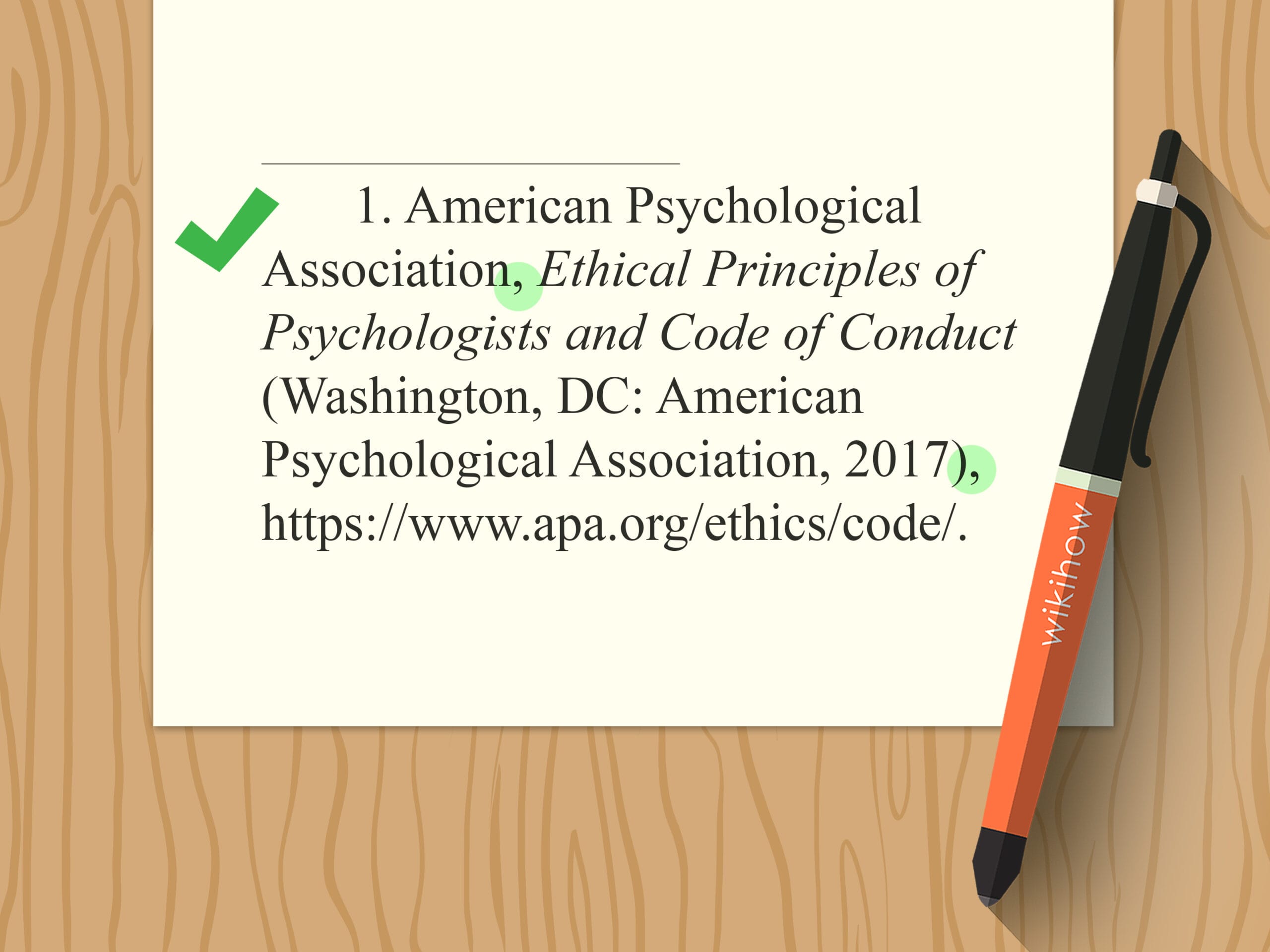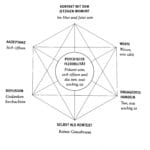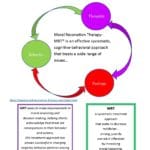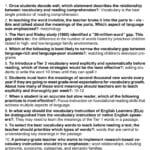The AAMFT Code of Ethics is the cornerstone of ethical practice for marriage and family therapists (MFTs). This guide provides a comprehensive overview of the Code, exploring its core principles, specific standards, enforcement mechanisms, and ongoing evolution. Whether you’re an MFT, a student, a potential client, or simply interested in ethical practices in mental health, this guide will provide valuable insights.
Navigating the Ethical Landscape of Family Therapy
The AAMFT (American Association for Marriage and Family Therapy) Code of Ethics serves as a moral compass, guiding MFTs through the complexities of client care. It establishes the ethical and professional standards that govern the practice of marriage and family therapy, ensuring responsible and ethical behavior in all professional interactions. For the latest on innovative workforce solutions and how HR teams are leveraging automation, visit our Trusted Workforce 2.0 page.
Understanding the Core Principles
The AAMFT Code of Ethics is grounded in fundamental principles that inform ethical decision-making:
Client Well-being: The primary responsibility of an MFT is to prioritize the well-being of their clients, ensuring their needs and best interests are paramount. This may involve complex considerations and balancing potentially conflicting factors.
Confidentiality: MFTs have a strict ethical and legal duty to protect client privacy and confidentiality. While some exceptions exist, such as mandated reporting of child abuse or threats of harm, these are clearly defined within the Code.
Professional Competence: Maintaining a high level of professional skill is essential. This suggests a commitment to continuous learning, staying informed about current research, and refining therapeutic approaches to best serve clients.
Integrity: Honesty and transparency are vital. MFTs are expected to act ethically and with integrity in all professional interactions, fostering trust with clients and colleagues.
Key Ethical Standards in Practice
The Code goes beyond general principles, offering specific standards addressing a variety of ethical scenarios:
Informed Consent: Clients must receive comprehensive information about the therapeutic process, including potential risks and benefits, fees, and confidentiality limitations, empowering them to make informed decisions about their treatment.
Managing Conflicts of Interest: MFTs must be vigilant in identifying and avoiding situations where personal interests could potentially conflict with their clients’ best interests. This might involve declining to treat certain individuals or disclosing potential conflicts transparently.
Navigating Dual Relationships: Dual relationships, where an MFT has both a professional and a non-professional relationship with a client or someone close to them, require careful consideration. These relationships can blur boundaries and create power imbalances, potentially harming the client. The Code provides guidance on managing such situations ethically.
Ethical Conduct in Research: MFTs involved in research are obligated to adhere to ethical principles that protect the rights and well-being of participants. This includes obtaining informed consent, maintaining confidentiality, and conducting research with integrity.
Professional Supervision: Providing competent and responsible supervision to students and other therapists is an ethical obligation for MFT supervisors. This fosters the ethical development of future practitioners and ensures high standards of care.
Enforcing Ethical Standards and Maintaining Public Trust
The AAMFT Code of Ethics is not merely a set of suggestions; it is actively enforced by the AAMFT Ethics Committee. The Committee investigates complaints of ethical violations and can impose disciplinary actions, including suspension or expulsion from the association. This accountability mechanism protects the public and maintains the integrity of the profession.
Impact of the Code of Ethics
The Code’s impact is significant:
- Client Protection: Ethical guidelines safeguard clients from harm and ensure they receive competent and ethical treatment.
- Maintaining Professional Standards: It holds MFTs accountable and encourages ongoing professional growth.
- Building Public Trust: The Code fosters public trust in the profession by demonstrating a commitment to ethical practice.
Exploring Ethical Standards: What Does the AAMFT Code Cover?
The AAMFT Code of Ethics is a comprehensive guide that addresses various aspects of ethical conduct for MFTs. It’s not simply a list of rules but a framework for building trust and ensuring respectful treatment in therapeutic relationships. Join the Christmas spirit with a free Twas the Night Before Christmas PDF.
Key Areas of Focus:
- Client Well-being: This is paramount. The Code emphasizes informed consent, ensuring clients understand the therapeutic process, and avoiding conflicts of interest that could compromise client care.
- Confidentiality: The Code underscores the importance of protecting client information, with specific guidelines and exceptions related to legal requirements like mandated reporting.
- Professional Competence and Integrity: MFTs are expected to practice within their expertise, pursue ongoing professional development, and avoid exploiting clients.
- Research and Publication: Ethical standards extend to research involving human subjects, mandating informed consent, protection from harm, and responsible reporting.
- Technology-Assisted Services: The Code offers guidance on ethical considerations related to online therapy and the use of technology in client interactions.
| Ethical Area | Description |
|---|---|
| Client Well-being | Prioritizing client needs, informed consent, avoiding conflicts of interest. |
| Confidentiality | Protecting client information within legal and ethical boundaries. |
| Professional Competence & Integrity | Practicing within scope of expertise, ongoing professional development, avoiding exploitation. |
| Research and Publication | Ethical conduct in research, including informed consent, protection from harm, responsible reporting. |
| Technology Use | Responsible use of technology in therapy, addressing confidentiality and virtual boundaries. |
The Role of the AAMFT Ethics Committee
The AAMFT Ethics Committee plays a crucial role in ensuring accountability. It investigates complaints and takes action if violations occur. This process reinforces the importance of ethical practice and protects clients. Importantly, not knowing the Code is not an acceptable defense.
The Five Core Principles: A Deeper Dive
The AAMFT Code of Ethics rests on five core principles that guide ethical decision-making for marriage and family therapists. These principles are interconnected and provide a comprehensive ethical framework.
- Beneficence and Nonmaleficence: Doing good and avoiding harm are foundational. Therapists must prioritize client well-being, carefully considering the potential benefits and risks of their actions.
- Fidelity and Responsibility: Building trust and accountability are essential. Therapists should honor commitments, uphold professional standards, and take responsibility for their actions within the therapeutic relationship and the broader profession.
- Integrity: Honesty and transparency are crucial. Therapists should be truthful in interactions, maintain accurate records, and practice with integrity in all aspects of their work.
- Justice: Fairness and equity are paramount. All clients, regardless of their background, deserve equal access to care and respectful treatment. Therapists should strive to eliminate bias and promote equitable access to services.
- Respect for People’s Rights and Dignity: Acknowledging and respecting client autonomy, privacy, and diversity are vital. Therapists should create a safe and inclusive environment where clients feel heard and empowered.
| Principle | Description |
|---|---|
| Beneficence & Nonmaleficence | Doing good and avoiding harm to clients. |
| Fidelity & Responsibility | Building trust, honoring commitments, and upholding professional standards. |
| Integrity | Being honest, accurate, and truthful in all professional activities. |
| Justice | Ensuring fair and equitable treatment for all clients. |
| Respect for Rights & Dignity | Respecting client autonomy, privacy, and diversity, fostering an inclusive environment. |
These principles, though offering a strong framework, are not always straightforward to apply in complex real-world scenarios. Ongoing research and discussion within the field help refine our understanding and application of these principles.
The Code in Action: Ethical Guidelines for Family Therapists
The AAMFT Code of Ethics provides practical guidance for family therapists, shaping their day-to-day work and ensuring ethical treatment for clients. It’s important to understand that this Code is continuously evolving and adapting to the changing landscape of therapy.
Putting Principles into Practice:
- Client Welfare (Standard I): Client well-being is the central focus. Therapists must prioritize their clients’ best interests, obtain informed consent, and avoid conflicts of interest. This includes careful assessment and ongoing evaluation of the effectiveness of therapeutic interventions.
- Confidentiality (Standard II): Protecting client information is paramount. The Code outlines therapists’ ethical and legal obligations to maintain confidentiality, with specific guidelines on limits and exceptions, such as mandated reporting (Standard 2.2 addresses disclosure of client confidences specifically).
- Professional Competence (Standard III): Therapists must practice within their qualified scope, seeking continued education and supervision to enhance their skills and knowledge. They also have a responsibility to refer clients to other professionals when appropriate (Standard 3.4 is relevant to multiple relationships as well).
- Technology-Assisted Services (Standard VI): With the rise of telehealth and other technology-assisted practices, ethical considerations regarding online platforms, data security, and client privacy are crucial.
- Research and Publication (Standard V): The Code provides ethical guidelines for conducting research with families and individuals, emphasizing participant protection and informed consent.
| Ethical Principle | Meaning |
|---|---|
| Beneficence/Nonmaleficence | Prioritize client well-being, do good, and avoid harm. |
| Fidelity/Responsibility | Build trust, be accountable, and maintain strong therapeutic relationships. |
| Integrity | Be honest and ethical in all professional activities. |
| Justice | Ensure fair and equal access to services for everyone. |
| Respect for Rights/Dignity | Respect client autonomy, privacy, and individual differences. |
Ongoing Evolution and Ethical Decision-Making
While the Code provides a framework, ethical decision-making in therapy can be complex and nuanced. Ongoing training, consultation with colleagues, and thoughtful reflection are essential for ethical practice. The AAMFT Code of Ethics continues to evolve, reflecting the ongoing advancements and ethical considerations within the field.
- Unlock 6000+ words beginning with he: A comprehensive analysis - April 20, 2025
- Mastering -al Words: A Complete Guide - April 20, 2025
- Master Scrabble: High-Scoring BAR Words Now - April 20, 2025

















1 thought on “AAMFT Code of Ethics: A Comprehensive Guide for Marriage and Family Therapists”
Comments are closed.